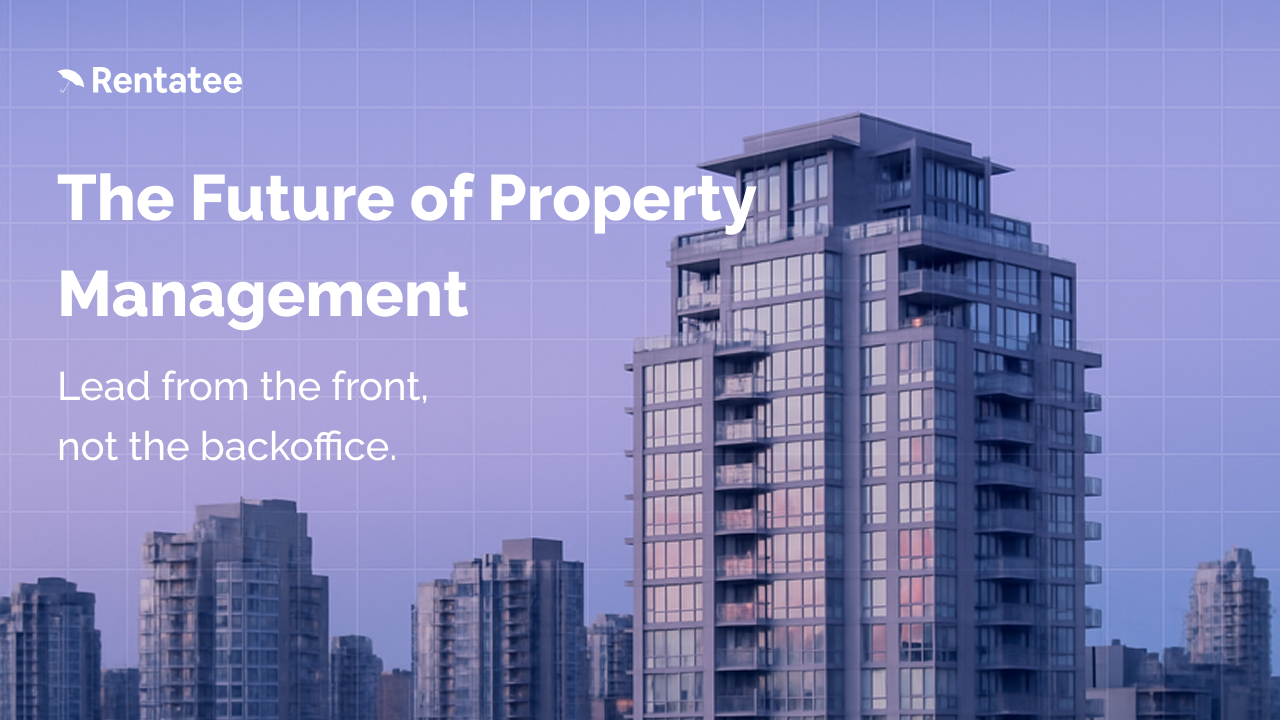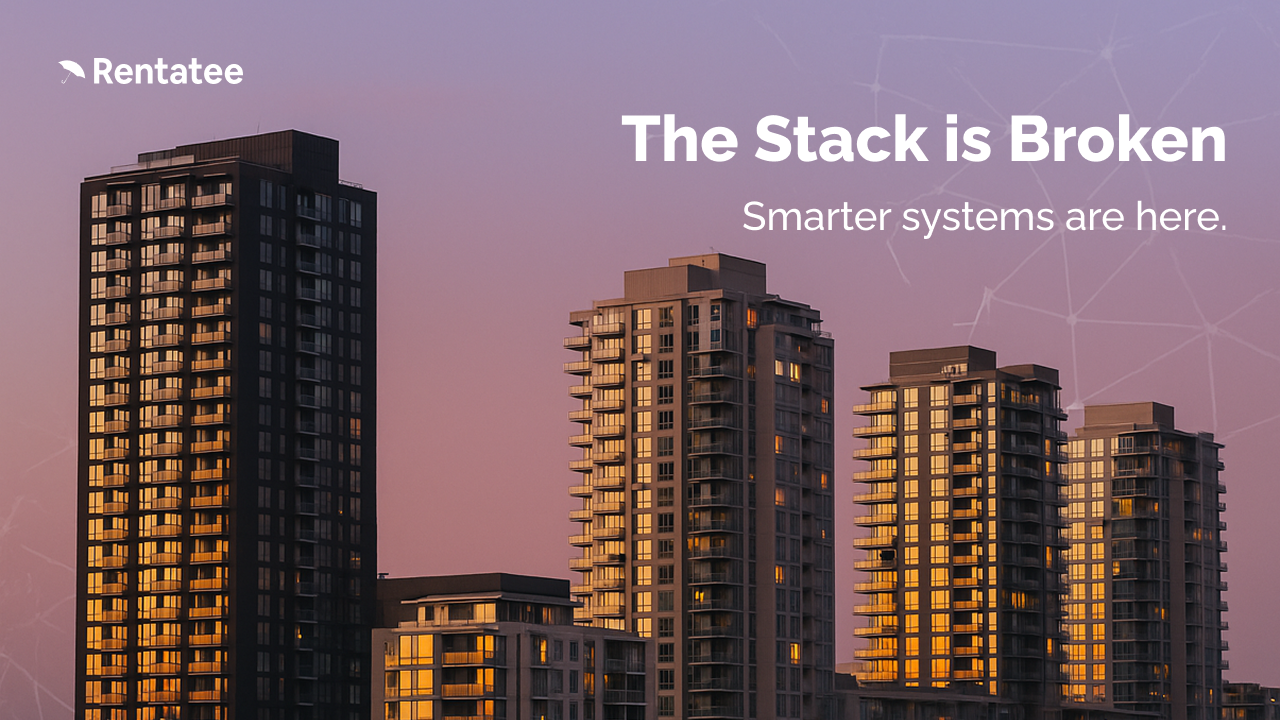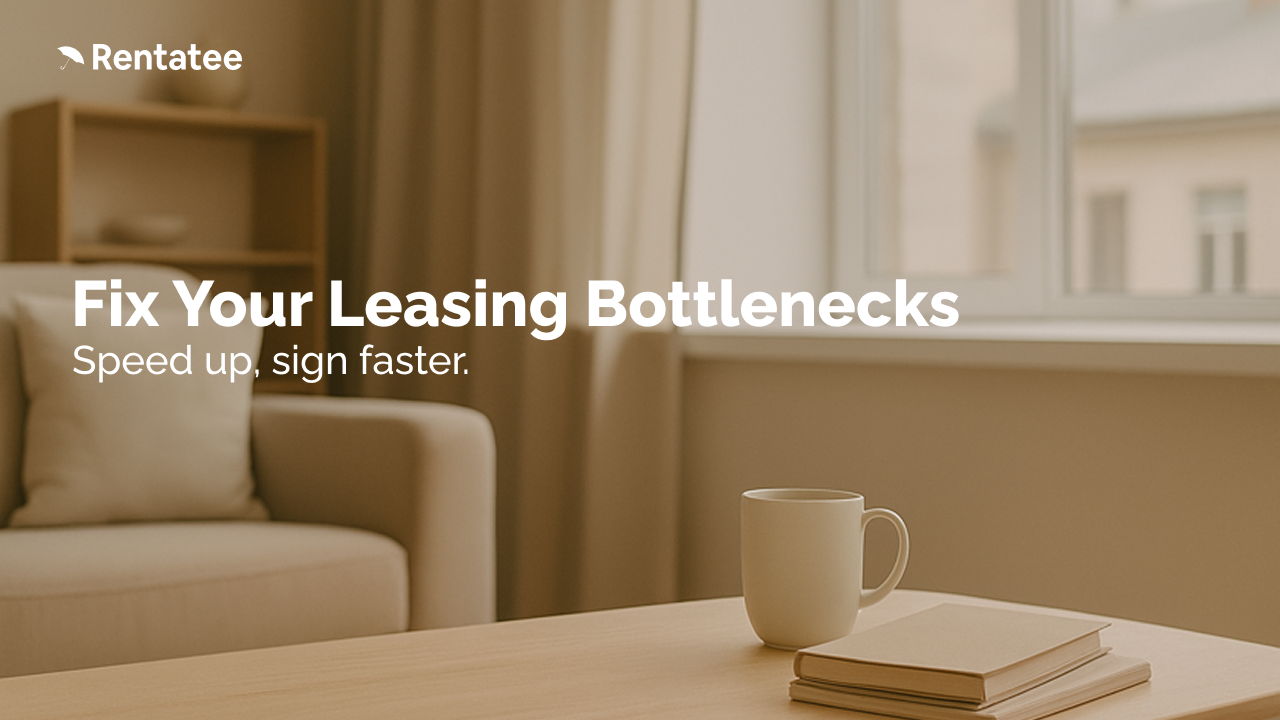Rent collection shouldn’t be a monthly stress test.
But for many landlords, it is. Missed payments, awkward reminders, unclear policies, and inconsistent cash flow.
The problem usually isn’t the tenant.
It’s the system.
Here’s how experienced landlords approach rent collection. Clear. Predictable. Professional.
1. Set Expectations From Day One
The easiest way to prevent rent issues is to talk about them before the lease is even signed.
Make sure your lease:
- States the exact rent amount, due date, and grace period (if any)
- Details late fees, and when they apply
- Lists accepted payment methods
Then, during onboarding, reinforce the process verbally and in writing. When tenants know what to expect, they’re far more likely to pay on time.
2. Offer a Consistent, Simple Way to Pay
Don’t make tenants guess how or where to pay. And don’t offer five different options.
Choose a system that:
- Supports online payments (bank transfer, debit, or credit)
- Allows recurring auto-pay
- Sends payment confirmations instantly
Avoid manual methods like cash, e-transfers, or mailed checks. They introduce friction, increase risk, and require constant oversight.
3. Use Reminders — But Automate Them
Tenants are human. Life gets busy. Automated reminders, email, text, or app notifications can reduce missed payments without you ever having to hit send.
Send at least:
- One reminder 3 days before the due date
- A second on the due date
- A third the day after, if payment hasn’t been received
Consistency builds accountability. And automation removes the emotional labor.
4. Enforce Late Fees Fairly and Consistently
Late fees exist for a reason. They encourage timely payment and protect your revenue.
But they only work if you enforce them the same way every time.
Here’s what experienced landlords do:
- Apply the fee automatically on the defined day
- Waive it only once (if ever), and always with a documented explanation
- Avoid personal negotiations, point to the lease, not your mood
This keeps the relationship professional and the policy respected.
5. Track Everything
Rent collection isn’t just about money. It’s about data.
You need a clear view of:
- What’s been paid
- What’s overdue
- Which tenants are consistently late
This insight helps you spot trends, flag risks early, and make informed decisions about renewals, increases, or enforcement.
If you’re still using spreadsheets, it’s time to upgrade.
6. Communicate Clearly When There’s a Problem
If a payment is missed, act fast but stay calm and professional.
Reach out:
- Within 24–48 hours of the missed payment
- In writing (email or tenant portal, not just a call or text)
- With a firm reminder of the lease terms, late fee, and next steps
If you’re empathetic but consistent, most tenants will respond quickly. The key is avoiding delays or unclear messaging.
Final Word
Rent collection doesn’t have to be tense or time-consuming.
The best landlords don’t wait until there’s a problem. They prevent one by building simple, reliable systems.
Clear policies. Predictable processes. Smart tech. That’s how you create consistency and peace of mind.




